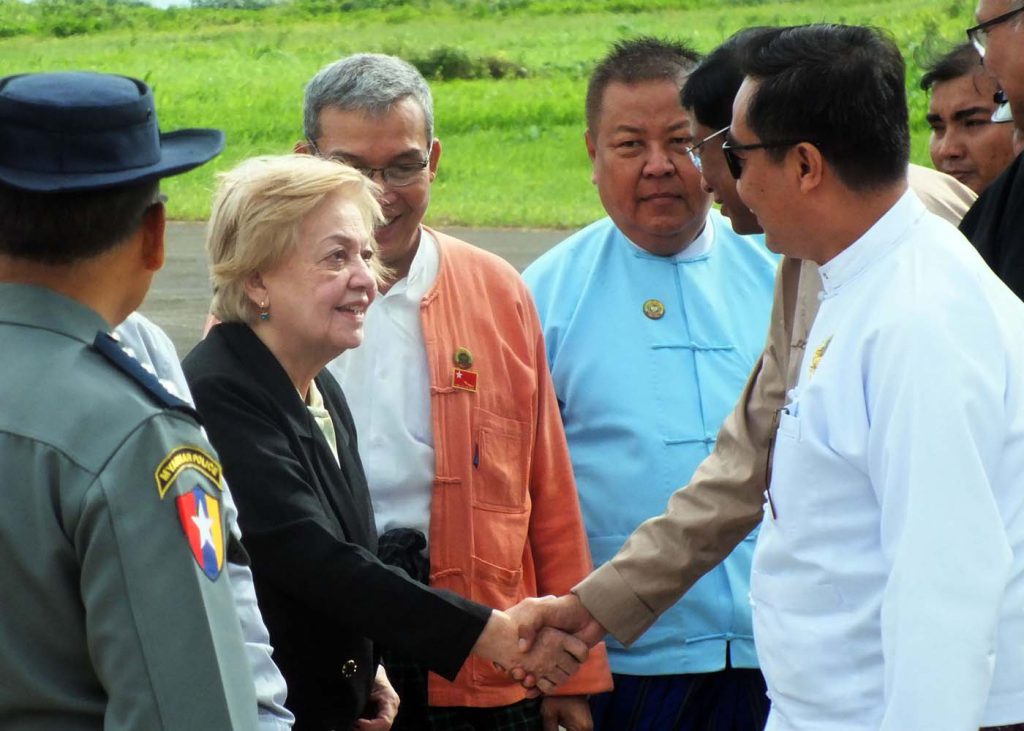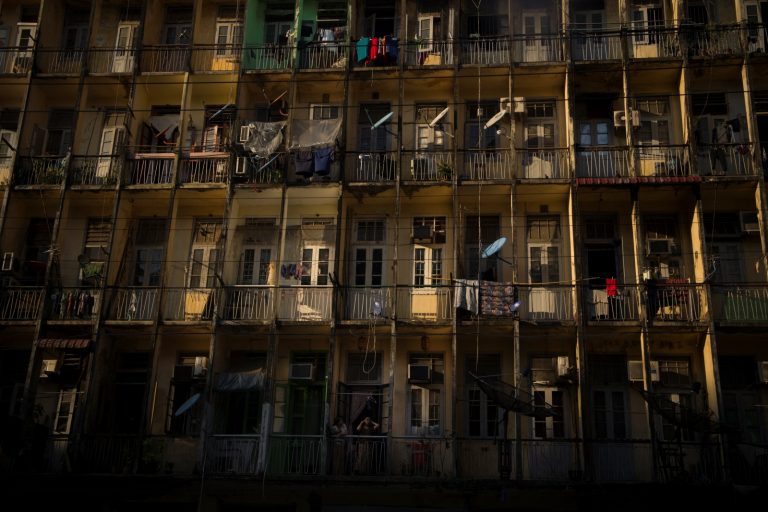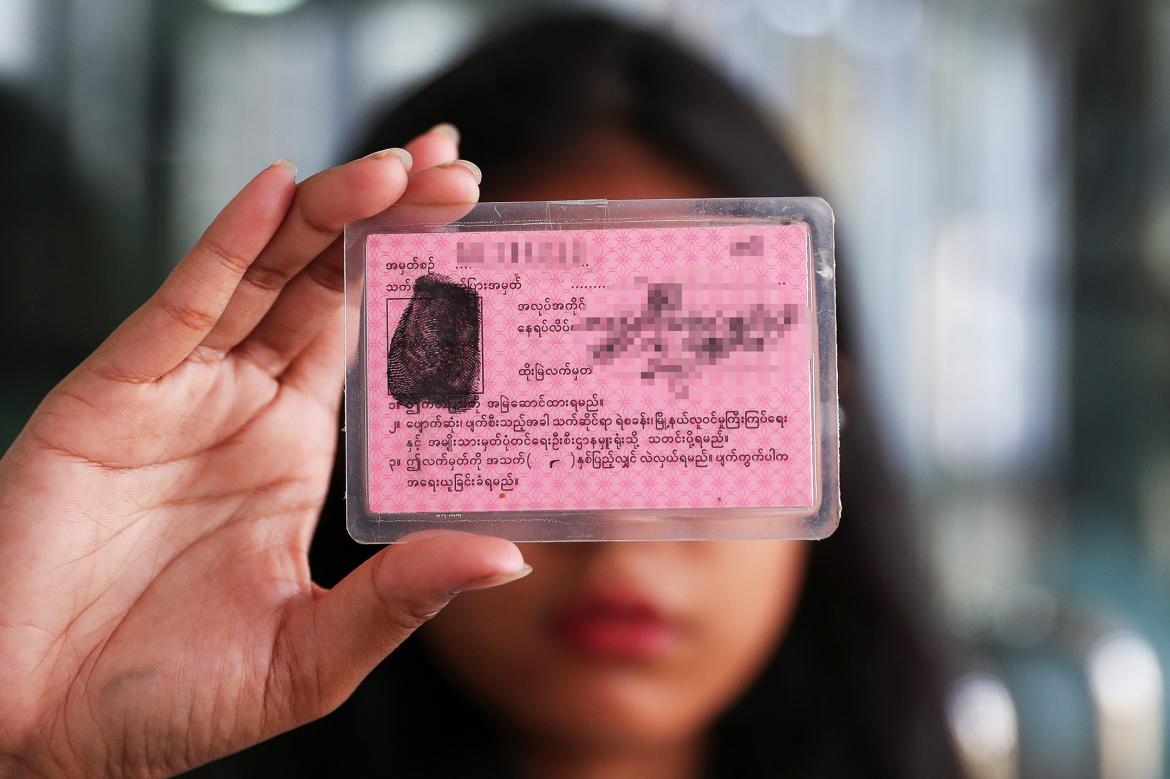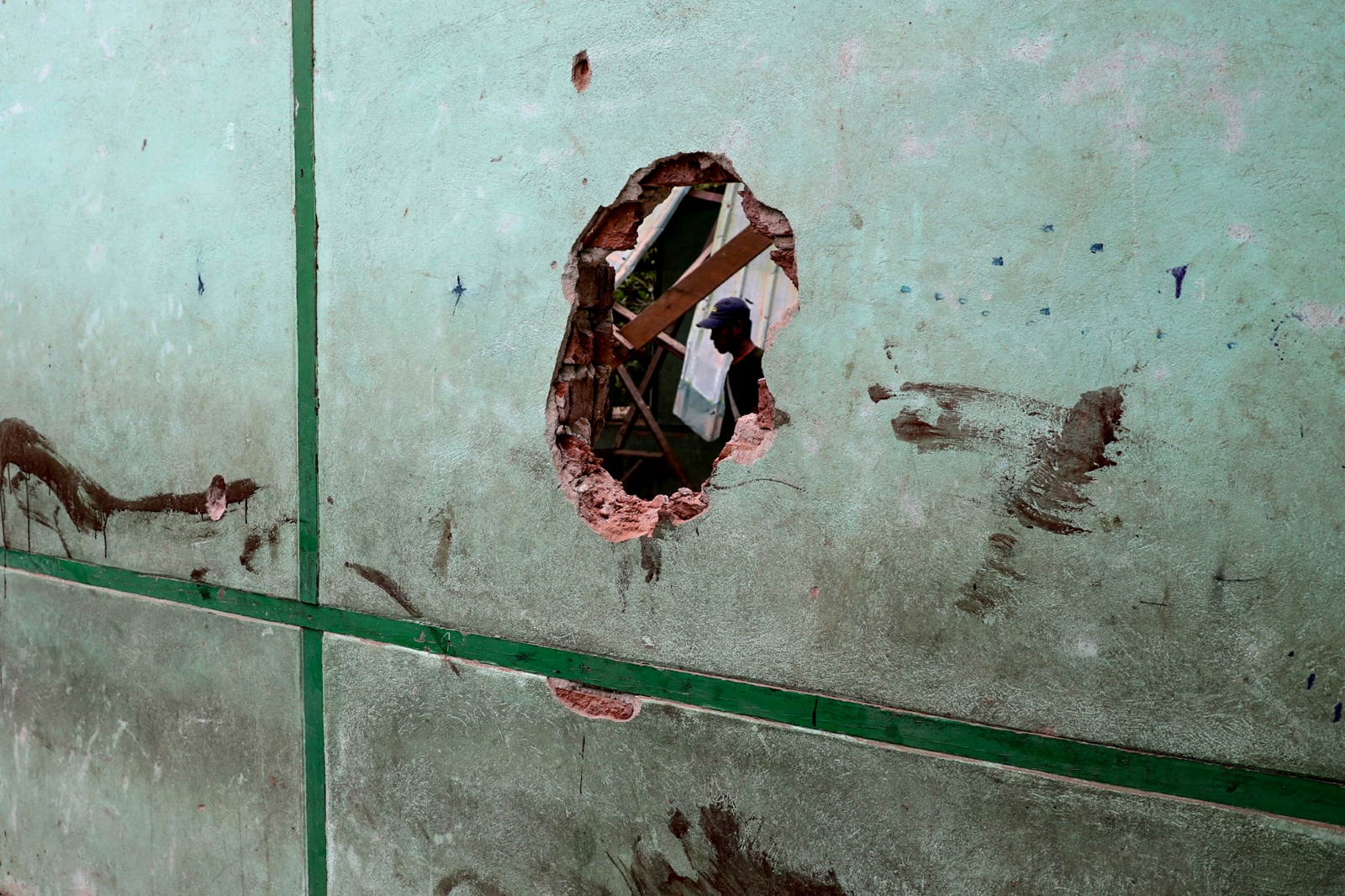Though maligned internationally, a government-appointed commission has prompted an unprecedented acknowledgement that the Tatmadaw committed war crimes.
By SITHU AUNG MYINT | FRONTIER
The government-appointed Independent Commission of Enquiry headed by Philippines diplomat Ms Rosario Manalo handed its much-awaited final report to President U Win Myint on January 20.
The ICOE had been tasked to “investigate the allegations of human rights violations and related issues following terrorist attacks by ARSA with a view to assigning accountability for any human rights violations and related issues that may have occurred”.
The report found that the Arakan Rohingya Salvation Army as well as members of the security forces and civilians committed war crimes and violated human rights in the aftermath of the ARSA attacks in northern Rakhine State in October 2016 and August 2017.
In a statement issued on January 21, President U Win Myint said the commission had found that the war crimes included the killing of civilians, disproportionate use of force, looting of property, and the destruction of abandoned homes of Muslims in Maungdaw, Buthidaung and Rathedaung townships in northern Rakhine.
It is significant that for the first time since General Ne Win seized power in 1962, the government has acknowledged that the Tatmadaw committed war crimes.
The Tatmadaw has for decades been accused of war crimes and of violating human rights by Shan, Kachin and Karen organisations and international human rights groups, among others. However, till now none of the accusations were never admitted to by either the Tatmadaw or the governments that succeeded direct military rule in 2011.
During and after the clearance operation that resulted in more than 700,000 Rohingya fleeing to Bangladesh, human rights groups and United Nations investigators issued reports accusing the Myanmar security forces of committing not only war crimes but also crimes against humanity and genocide. The Tatmadaw and the government rejected those reports.
The Tatmadaw formed its own court of enquiry, which concluded that some abuses may have happened because of low-ranking soldiers failing to follow military rules and orders from superiors, meriting court martial proceedings against them.
The ICOE report is quite different. Although the commission was appointed by the government, it was headed by international experts. The Tatmadaw and the Myanmar Police Force cooperated with the commission, and officers who had participated in the clearance operation in northern Rakhine testified before it.
After the commission presented its report to the president, the Tatmadaw said it would study it thoroughly, including the accusations that it had committed war crimes. In a remarkable development in the history of the Tatmadaw, it said that if the accusations proved to be true it would take action according to military procedures. The Tatmadaw’s response had not been anticipated by the Myanmar public or the international community.
According to the Tatmadaw, about 700 people died in the clearance operation after the attacks of August 2017, including 376 members of ARSA. However, the ICOE reported a much higher death toll that included between 500 and 600 people in Mingyi village, 100 in Chutpyin village and from 100 to 200 in Maung Nu village. The death toll in the commission’s report is not as high as in the report by the Independent International Fact-Finding Mission on Myanmar, appointed by the United Nations Human Rights Council. The FFM report “conservatively” estimated a death toll of more than 10,000.
Although the ICOE report found that the Tatmadaw committed war crimes and other abuses, it said there was no reliable testimony to support accusations that the security forces had raped civilians. This is very different to the findings in the FFM report, which said that hundreds of women were raped during the clearance operation, the overwhelming majority of them by members of the Tatmadaw.
The ICOE also said that the crimes committed by security forces did not amount to genocide.
A weakness in the ICOE report is that commission members were not permitted to visit Bangladesh, where they had hoped to interview refugees in the camps. It is suspected that the Bangladesh authorities were concerned that if the commission appointed by the Myanmar government was able to conduct interviews in the refugee camps, its eventual report would be considered more credible and have more influence.
When the ICOE was formed, some international organisations were preoccupied with the idea that it would be partial and unable to determine the facts of what occurred. Although not comprehensive, the commission’s report has revealed some important truths, even if others still need to be established. Whether the impartial report is acknowledged and accepted by the international community will depend on how the Tatmadaw and the government respond to its findings.
As recommended in the report, it will also be necessary to conduct further investigations and with the permission of the Bangladesh government interview the residents of the refugee camps to determine the full truth.







